Last week, we received approval from the local planning board where our new administrative home will be located to begin the improvements needed to make the existing structure habitable (pun intended) and to construct two new buildings.
This capped a several month process of submitting plans and drawings, responding to questions and comments from the board and its engineering consultant, and finally, appearing at a public hearing to get input from the community and abutting neighbors. There were no comments or input at the public hearing, and, thankfully, that meeting and the subsequent approval of our plan took less than five minutes.
We are excited to be building a more secure future for ourselves while we do so for others. It has been a now multi-year journey and the end is in sight.
Despite the long runway we have had, we have some tight deadlines ahead before takeoff occurs, principally that our lease on our existing space ends in October and we have to move and set up our ReStore retail operation before that end date.
Our planning for the move, and for the construction that will occur before, during and after, is well underway.
Have I mentioned that I absolutely HATE moving? I have moved my home nearly 20 times in adulthood, and my professional space at least that many times.
Good thing that I matter very little in the execution of this latest movement. I will just trust in my team and stay out of their way. This should be doable, if I remember to practice what I preach and that which I have learned.
Thinking about the packing to come, there are several objects that I have gathered over the course of my career that now adorn my office at Columbia-Greene Habitat for Humanity. They are symbols or artifacts of lessons that I have been taught or learned on my own, some the hard way.
“Experience is a brutal teacher. But you learn. My God, do you learn." - C.S. Lewis
Some I have carried with me from job to job for decades, others I have acquired more recently. They are silent sentinels, reminders to me of some thing or person, or as it seems more frequently, an experience that I have forgotten to remember. They will follow me to the next spot.
They include:
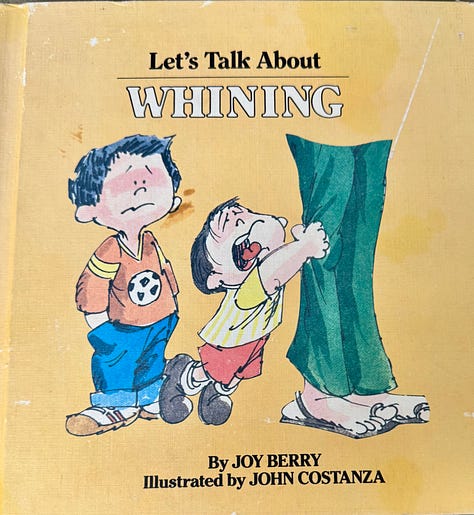


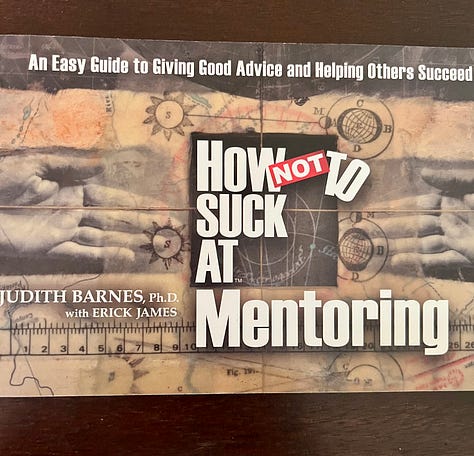
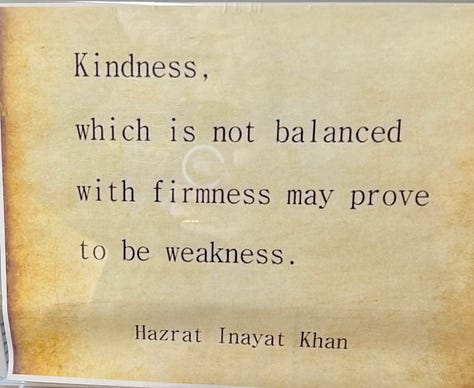
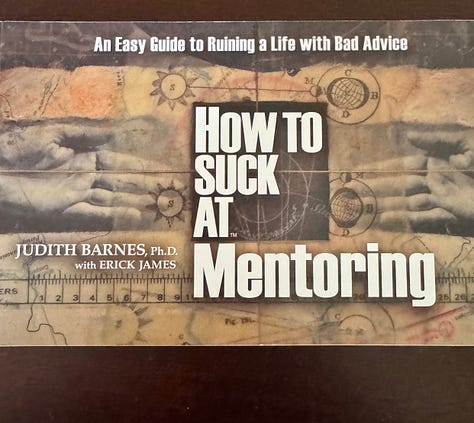
I picked up the book “Let’s Talk About Whining” from a street vendor in Manhattan in the 1980s. It has held an esteemed place in my office ever since. Back in the day, I did have occasion to hand it to a complaining colleague, but not in recent times. Working with more seasoned and mature staff, whining is at a minimum these days. Still, the book evokes knowing chuckles from visitors.
The “Whining” book was mostly replaced by the monkey, which was inspired by a business management idiom “don’t hand me your monkey” or conversely,“don’t take on someone’s monkey.” The monkey comes out when someone comes in with a problem, often of their making, and is looking for someone else to solve it or take responsibility for it. That’s a no-no in our organization, and a lesson taught early to new teammates. We try to solve problems collaboratively, and do so pretty successfully. Lord knows that in our business, problems emerge fairly constantly, and are handled with dispatch. Thus, our organizational mantra is “It’s always something.”
The baseball is signed by Al Kaline, a Hall of Fame baseballer who played for the Detroit Tigers. He was a spokesperson for a client way back, and I got to tour with him. He was a humble, nice guy and very accommodating of this rookie professional. He gave me more pointers on conducting promotional appearances than I could have given him. You would never have guessed he was among baseball’s elite. He certainly did not promote it, nor himself: no airs or attitudes. Maybe that’s why he was universally loved in the Motor City.
“How To/How Not to Suck at Mentoring” is an illustrated book authored by Judith Barnes, a great friend and mentor, who sadly passed away much too early. I can still hear her signature cackle, as she read to me some passages from the “How to Suck” side of the guide, such as “If at first you don’t succeed, keep sucking until you do.” The more positive prescriptions are a compendium of wit and wisdom with examples drawn from real life, including: “Mentoring is like a road trip,” “No clones allowed,” “Listen,” and “Pass on the gift.” Doctor J, I miss you madly and channel you continually.
“Kindness, which is not balanced with firmness, may prove to be weakness,” is a quotation by Sufi master Hazrat Inayat Khan. You may not be familiar with Sufism, a mystical practice rooted in Islam, but you probably know Rumi, the Sufi poet. I was introduced to Sufism when I became executive director of one of their communities, The Abode. It is a lesson that I have learned the hard way, but eventually came to master. Being a leader is often (mostly?) about saying “no.” However, how you say no and how you then work to get to a yes, is a key to effective management and leadership of both organizational and personal relationships.
Distilling this down, what has been taught to me is that if you can't grow beyond yourself, you have a job, not a business. In a small organization especially, the ability to motivate and manage your team to achieve a consistent level of performance is the critical factor of growth — and survival.
Many of these lessons have reinforced my belief in servant leadership. Servant leadership is not about training a staff of business butlers, or a boss who makes sure that coffee is brewed and hot when the staff arrives. It is a management philosophy that is people-centric, where leaders accept responsibility for enabling team performance through their own actions.
In a twist on the old wag: Those who can do, must also teach. Otherwise you’re toast.




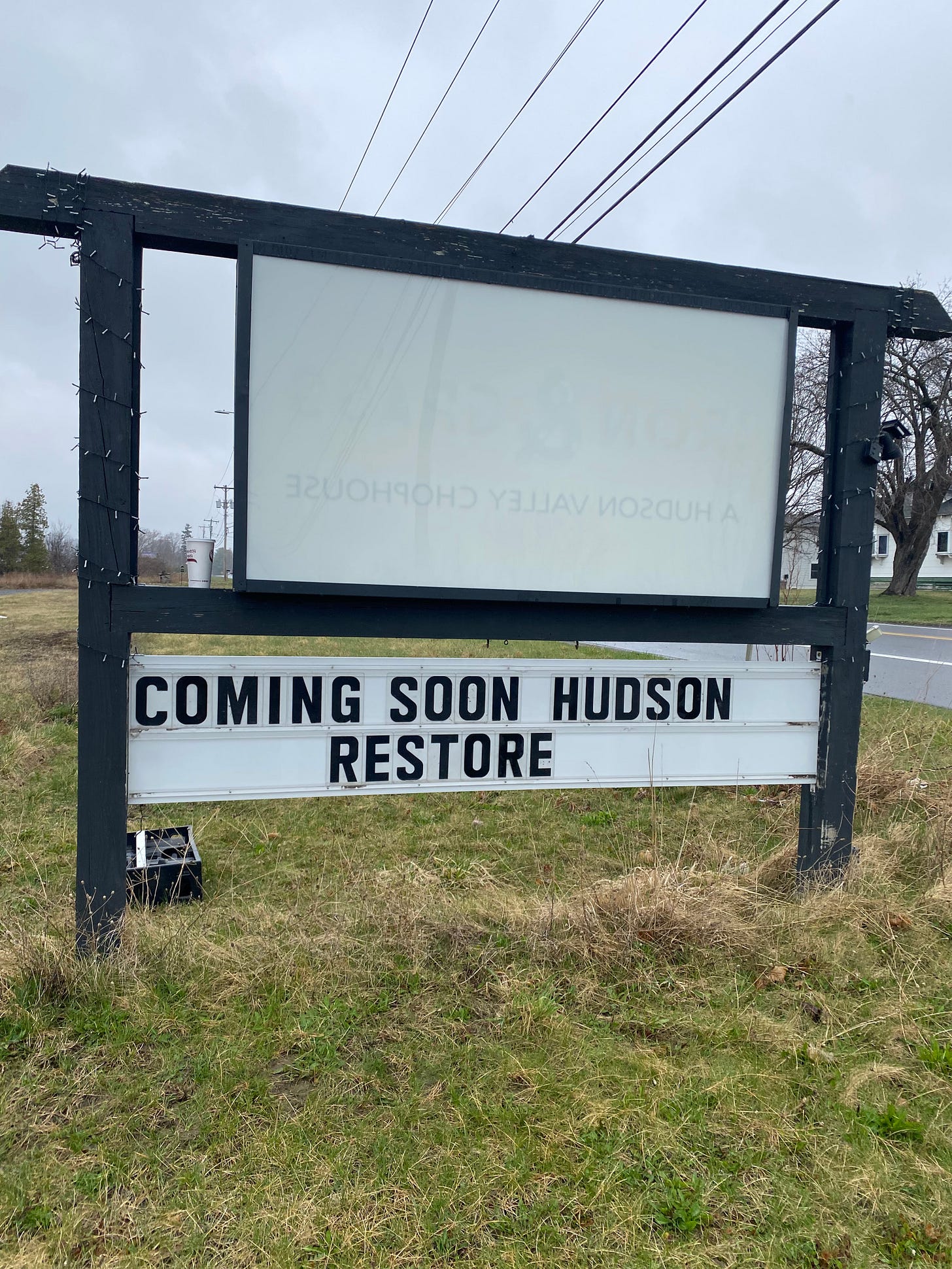

Good luck with the rest of the move, Al!
One of the many things I admire about you is your deep well of quotations. You always seem to have a perfect one at hand.
You are wise beyond your years, kiddo!